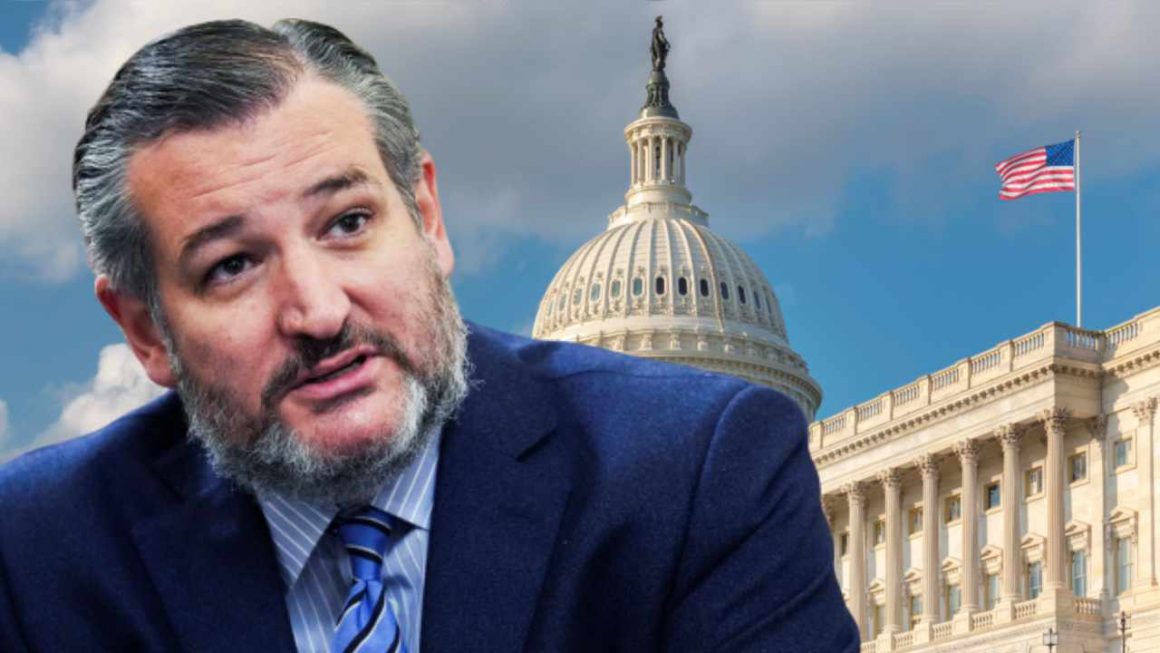A U.S. legislator has introduced a resolution to encourage the Capitol gift store to accept cryptocurrency payments. He stressed that lawmakers should “increase accessibility and show support for the burgeoning cryptocurrency industry to visitors to the Capitol.”
U.S. Senator Advocates Crypto Payments
U.S. Senator Ted Cruz (R-TX) announced Thursday that he has reintroduced the Adopting Cryptocurrency in Congress as an Exchange of Transactions (ACCEPT) Resolution. Cruz first introduced the resolution in November 2021. The Congressman from Texas stated.
Cryptocurrencies create new jobs, encourage entrepreneurs to invent new value, create new hedges against inflation, and present new opportunities. They are also increasingly being used as a secure form of payment for goods and services.
“This is exactly why we, here at the U.S. Capitol, should increase accessibility and show our support for the burgeoning cryptocurrency industry to visitors to the Capitol,” he added.
Senator Cruz’ explained that his bill would “require the Architect of the Capitol, the Secretary of the Senate, and the Chief Administrator of the House of Representatives to encourage the Capitol Gift Shop to accept cryptocurrency as a form of payment.” They would also be required to “enter into agreements with vendors that accept cryptocurrency as a form of payment at food services and vending machines in the Capitol.”
Cruz further stated.
An added benefit of using cryptocurrency as a form of payment at the Capitol is that it would provide foreign visitors to our nation’s capital each year with a safe and secure method of payment without having to pay unnecessary and often costly exchange fees.
The Congressman has long been a Bitcoin proponent. Last May, he said he was “incredibly bullish” on bitcoin.” I believe in dollar cost averaging, so I have a weekly buy that automatically buys bitcoin every week,” he noted at the time.
Senator Cruz also introduced a bill last April that would prohibit the Federal Reserve from developing a direct-to-consumer central bank digital currency (CBDC), which, Cruz noted, “could be used as a financial surveillance tool by the federal government, similar to what is currently happening in China
Image credits: Shutterstock, Pixabay, Wiki Commons

